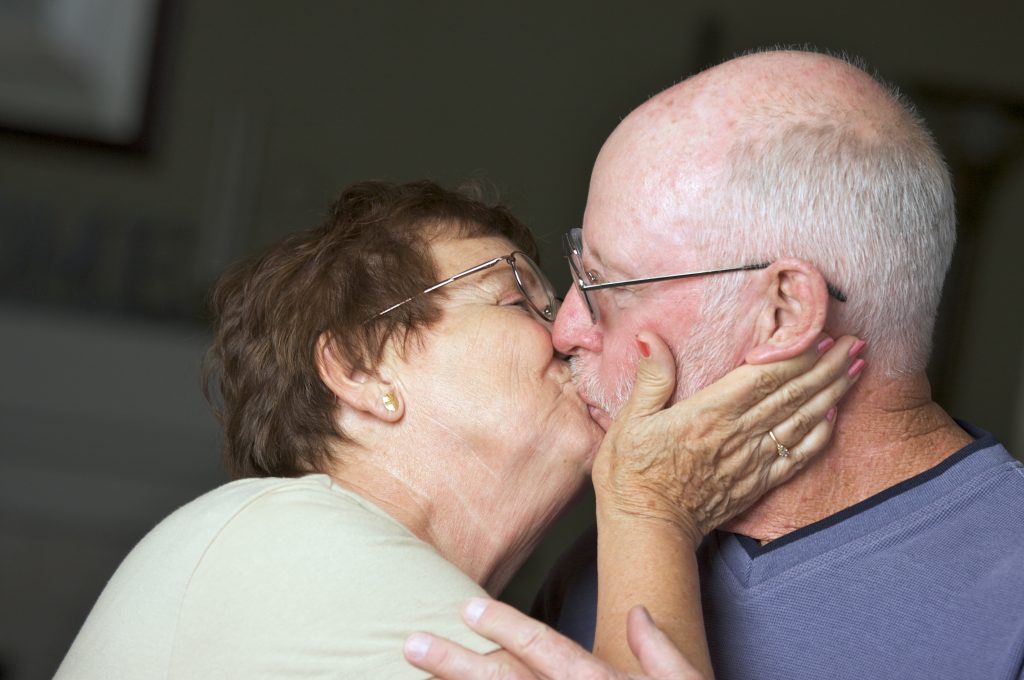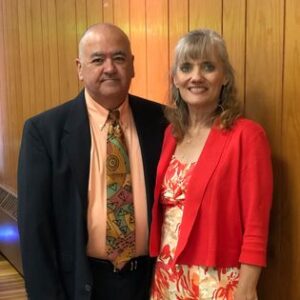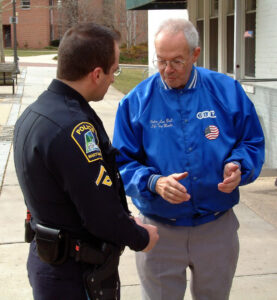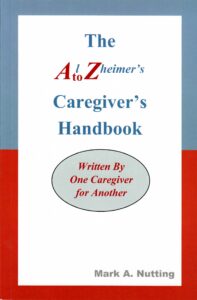Sandra Day O’Connor, our first female Supreme Court Justice has been diagnosed with Alzheimer’s disease. She was the caregiver to her husband for years, who lived with Alzheimer’s. If anyone understood the disease process, she did. She’s become an example for me to honor in my trainings as she experienced what it was like to place her husband in memory care assisted living. Understanding that her husband no longer recognized her and that as a human being still had the need for human connection and intimacy, she accepted his development of a relationship with another woman resident. As Justice O’Connor stated, “How enforceable is the contract of marriage, when one does not remember the marriage?” Brilliant! When there are relationships formed within memory care communities between two people who are otherwise married to another person, we need to understand why. It is not only a human need for intimacy and connection, it is a human right. As Justice O’Connor agreed, the spouse is no longer able to fulfill that need. Dementia doesn’t take that need away. It may in fact become a larger need when the person’s sense of safety, security, and comfort are being torn away every day. There is not only a need for communities to educate the families during the admission process, but having conversations along the way will allow for the decreased shock value of when it does happen. I find that the staff may have the most difficult time with handling this issue of these forming relationships, when they need to expect it and understand it. The only way to do this is through education.







